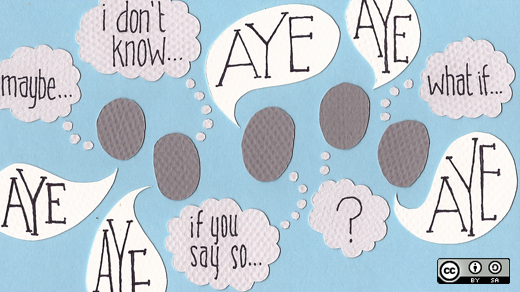Moodle is a well-established, highly flexible open source learning platform, having grown from small beginnings at the start of the century into the mainstream solution for millions of people worldwide. Its customizable and secure learning management features allow anyone to create a private website filled with dynamic courses in any subject that promote learning on a schedule that suits students.
Moodle.org is home to a wide variety of forums in many languages that provide free 24/7 product support and host discussions about contributed plugins for Moodle and proposed new features. Developers from Moodle HQ and the wider community frequent the forums to interact with administrators and teachers at the “chalkface,” listening to and acting on user feedback and encouraging people to post details of any problems or suggested improvements in the Moodle tracker. Conversely, when a developer creates an issue in the tracker suggesting a new feature for Moodle, they are encouraged to post in the forums to gauge the opinion of active Moodle users. People can vote for the tracker issues they would most like to see fixed, and these votes help determine development priorities. Volunteers help with accessibility, usability, translations, quality assurance, and many other aspects required in a modern software platform.
With a diverse, active group of users, a frequent issue is dealing with so many viewpoints. Large volumes of people create difficulties identifying consensus and establishing priorities for development, especially when resources are limited. A hundred people may have similar ideas that are overlapping but not the same, and this can take a long time to work through.
To solve this, we need to focus the community by identifying specific projects, build working groups around them, examine all related ideas, and manage the feedback to get better results. In recent years, we’ve been getting better at this in a number of projects.
As one example, in 2014, Moodle’s gradebook underwent a major redesign following feedback, detailed specifications, and planning from a working group of collaborators from around the globe, centered around a two-day physical meeting in California. This resulted in a full specification of user-requirements that our developers could work with. We are taking this model further in our Moodle conferences, which will now include a number of face-to-face working groups throughout the event, meeting across the conference to “Design the next Moodle” in dedicated areas evolving from generated feedback.
Moodle also is establishing the Moodle Association, a new, worldwide nonprofit organization expected to launch in a few months. The association will go through a systematic voting process regularly to determine their top priorities for the Moodle Roadmap. Membership fees will then be applied to paying Moodle HQ to develop the specified projects in Moodle core for the entire community.
By truly valuing the opinions of its users and striving to meet them, Moodle has become a successful e-learning solution. Moodle will continue to seek out the needs of the community and work with them to implement these in its modular system. If you are a fan of the Moodle project, you are welcome to join the discussions in the Moodle.org forums, comment and vote for tracker issues, and attend a Moodle conference to experience for yourself how user-driven is the key to successful open source systems.
CMS
This article is part of the The Open CMS column coordinated by Robin Muilwijk. Share your stories about working with open source content management systems (CMS) and platforms like Drupal, Joomla, Plone, WordPress, and more.







Comments are closed.